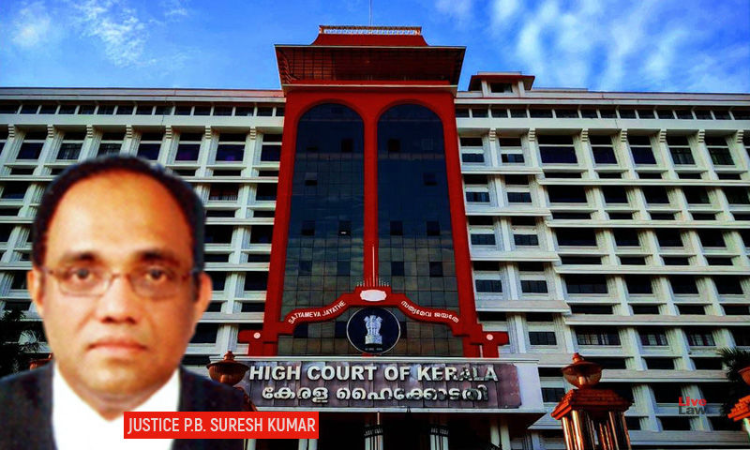'No Coercive Action For Non-Compliance Of IT Rules': Kerala High Court Orders In NBA's Plea
Hannah M Varghese
9 July 2021 11:05 AM IST

Next Story
9 July 2021 11:05 AM IST
The Kerala High Court on Friday issued notice on News Broadcasters Association's (NBA) plea challenging the new IT rules on the ground that they give government authorities "excessive powers" to "unreasonably and impermissibly restrict" the freedom of speech and expression of the media.Justice PB Suresh Kumar has also restrained the Central Government from taking any coercive action against...
